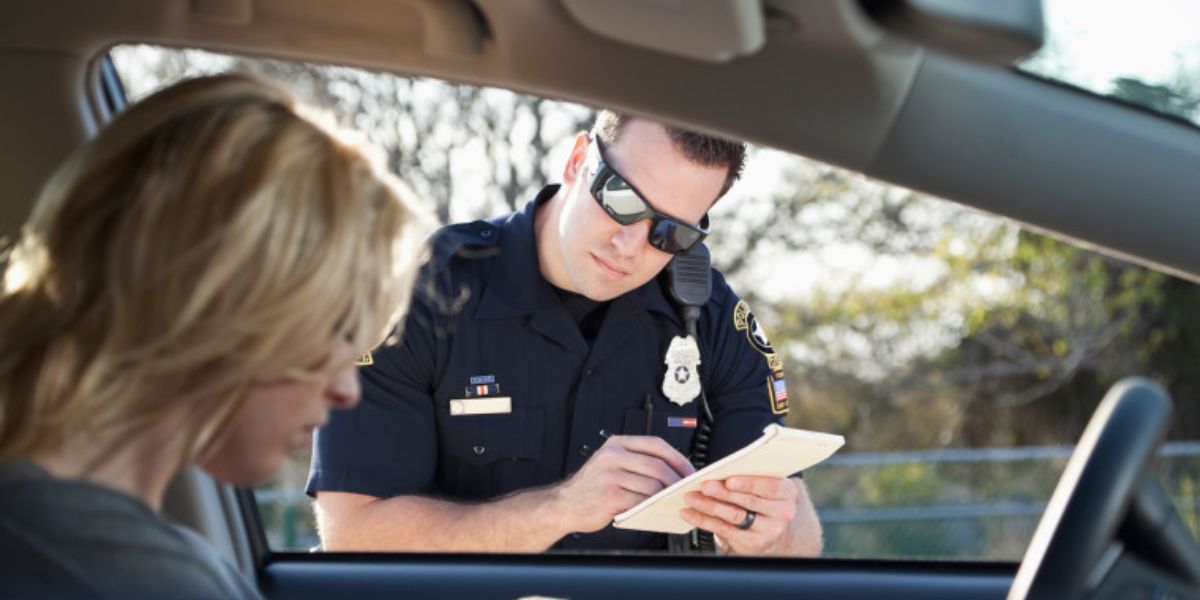Florida will implement a law that makes some high-speed antics punishable by jail time on July 1.
Formally known as House Bill 351, the law renames excessive speeding as “dangerous excessive speeding” and empowers judges to impose a fine of $500 or up to 30 days in jail on first-time offenders, with the penalty doubled if they commit the same offense again.
Two things can cause a traffic ticket to turn into a criminal charge: exceeding the speed limit by fifty miles per hour or exceeding the speed limit by one hundred miles per hour anywhere in the state.
Although the driver must appear before a judge rather than mail in a check, traffic cops can still issue a basic citation. The maximum penalty increases to 90 days in jail, a $1,000 fine, and a license revocation of up to one year for a second conviction within five years.
How the argument was altered by an 11-year-old?
Senator Jason Pizzo of South Florida informed his colleagues that the bill was “for Anthony Reznick.” In 2022, a habitual speeder who had already received more than two dozen tickets struck and killed the Sunny Isles sixth-grader as he was crossing the street at about 85 mph.
Pizzo promised that the loophole would be closed, and the driver was never charged with a crime. Before being signed by Governor Ron DeSantis on May 23, HB 351 easily passed the Senate 37-0 and garnered bipartisan support in the House.
In 2023, approximately 2,600 of the approximately 683,000 speeding tickets issued by Florida troopers and local agencies went to drivers exceeding the speed limit by 50 mph.
According to the Florida Highway Safety and Motor Vehicles Department, which recorded 3,377 crash fatalities last year, speeding was a contributing factor in one out of every ten traffic deaths between 2019 and 2023.
Read Also: Florida Sheriff Urges Public to Ignore Manatees Getting Frisky Near Shore
Supporters contended that a misdemeanor on the record will have a greater effect on reducing speeds than an expensive ticket, especially since summer tourism increases traffic.
Comparing first and second offenses
First-time offenders risk fines under the new system equivalent to a month in county jail or a $500 financial hit.
Three strikes are no longer necessary; a judge can triple the jail sentence, double the fine, and suspend the driver’s license for up to a year if a guilty verdict is returned within five years.
The revocation window, according to the prosecution, was crucial because it allows habitual speeders to “cool off” and stop driving.
According to Rep. Danny Alvarez, one of the bill’s sponsors, “paying $150 never stopped anyone from doing ninety on I-75.” “It’s possible to spend thirty days in a county cell.”
With its “Super Speeder” surcharge, Georgia placed a similar wager in 2010 and saw a 16% decrease in 100 mph citations over a four-year period.
Washington and Virginia are preparing their own crackdowns, establishing what Alvarez refers to as “a regional no-fly zone for NASCAR wannabes” by requiring in-car speed governors for repeat speeders by 2029.
Stronger penalties don’t always translate into safer roads, critics argue. Studies reveal a limited deterrent effect once fines surpass $300, according to Rep. Anna Eskamani.
Additionally, civil-liberties organizations fear that mandatory hearings may add to the already overloaded court calendar. Even Eskamani, though, acknowledges that nobody was being slowed down by Florida’s status quo.



